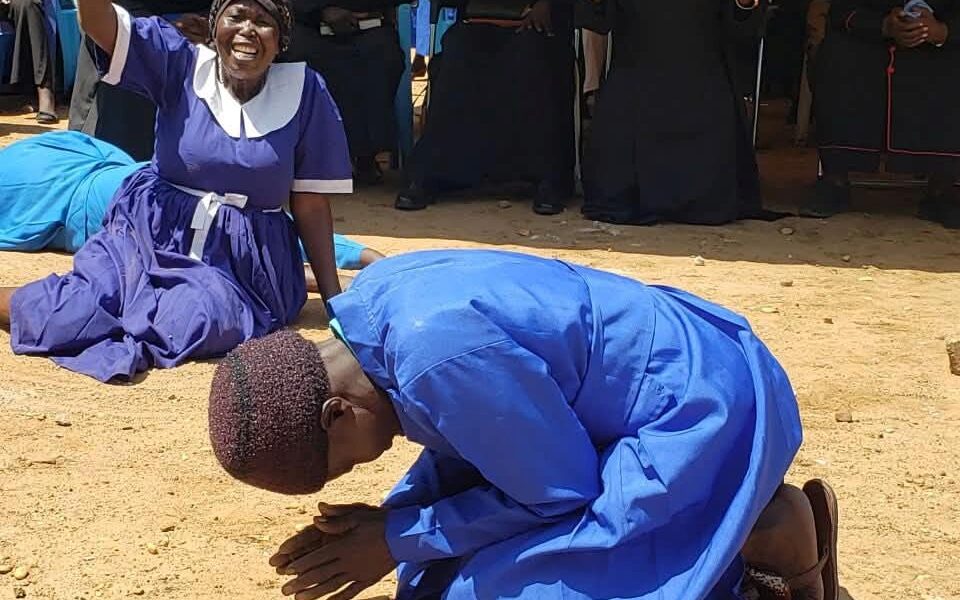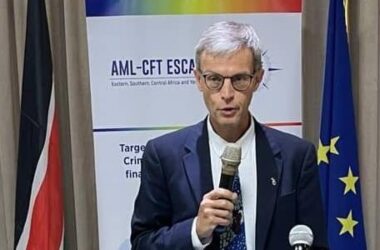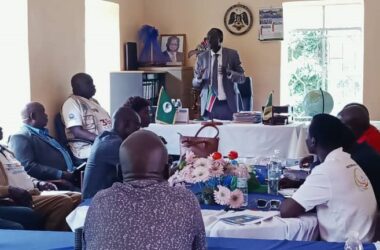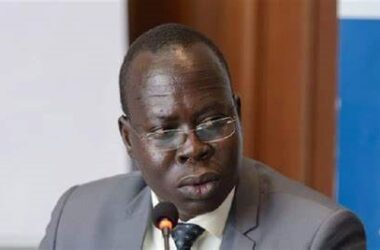By Kei Emmanuel Duku
An independent policy expert is urging the government to introduce a digital land registration process to combat rising fraud across various parts of South Sudan.
Alimure Ali Awuda’s recommendation follows a series of land disputes in Juba involving government agencies and religious institutions.
Awuda noted that religious organizations have recently been embroiled in land conflicts with government entities, leading to property destruction and loss of lives, largely due to their limited capacity to protect their assets.
The policy expert cited the December 2023 incident in Hai-Gonya residential area, where the Central Equatoria State Ministry of Land, Housing, and Public Utilities demolished the Pentecostal Brethren Church in Hai-Gonya without prior notice.
Church authorities claimed they acquired the land in 1997 with official approval and served a congregation of approximately 1,000 members.
Awuda argued that the current manual land registration system is backward, outdated, and manipulative.
He stated it is insufficient in safeguarding land rights, lowering fraud, and enhancing effective land governance in South Sudan.
“Digitizing land records and building a single, centrally located database will guarantee the legal recognition of property ownership for both formal and customary land, encourage openness, and aid in the planning of growth,” Awuda asserted.
The independent policy expert further highlighted a recent land dispute in Juba between the Episcopal Church of South Sudan (ECSS) and residents of Munuki Hai Gezira.
This conflict, escalating tensions around the property of St. Stephen Episcopal Church underscored the vulnerability of religious organizations to land-related disputes.
Awuda emphasized the urgent need for transparent legal procedures and adequate government protection to prevent unlawful encroachments and uphold the rights of all parties involved.
In his policy brief, Awuda stated that while the Central Equatoria State (CES) government and residents have accused the church of falsifying land title documents, the ECSS maintains the land was lawfully allocated to the church in 1987.
However, heightened tension between St. Stephen’s church leaders and the state Ministry of Land, Housing, and Public Utilities on May 8, 2025, underscored the deepening risks associated with unresolved land conflicts involving religious institutions.
To reduce such disputes, Awuda suggested the Ministry of Lands, Housing and Urban Development establish a special registration system dedicated solely to non-profit religious organizations.
This system, he said would enable legal recognition of land acquired through both statutory and customary channels.
“This process should be made very simple and should include verification mechanisms involving local authorities,” he added.
Awuda pointed to several other ongoing conflicts involving religious institutions and various government arms.
These include disputes between the Juba City Council and the Muslim community at Konyo-Konyo market regarding the Mahad el Elmi Islamic Educational Institute.
Despite having legal documents, the Central Equatoria State Ministry of Education attempted to take control of the school, leading to a court case where the Juba High Court ruled in favor of the Islamic community in October 2024, overturning the government’s directive.
Another unresolved land dispute involves the ownership of over 400 shops in the Al Waaz Centre, located in Juba’s Konyo-Konyo market.
Competing claims by the National Islamic Council and the Juba City Council have led to the dual taxation of traders.
According to Awuda, a criminal case filed by the City Council against the Islamic Council was dismissed by the Juba County Court, which ruled the matter civil.
However, the case remains unresolved, and the property has yet to be officially transferred to its rightful legal owner, the Central Equatoria State Islamic Council.
Awuda stated that these cases illustrate the challenges posed by overlapping claims, ambiguous legal frameworks, and bureaucratic inertia.
Religious organizations often struggle to reclaim their properties, with enforcement remaining inconsistent despite court rulings and presidential directives.
He recommended a thorough national land policy that unifies customary and statutory land systems into a single legal framework.
“This will provide equal access to land, improve the security of land tenure, and lessen disputes resulting from overlapping claims,” Awuda concluded. “Additionally, transparent land administration, conflict settlement, and safeguards against unlawful land acquisition for all landholders should also be established under this framework.”
The South Sudan Land Act-2009 recognizes and legally validates both private and communal ownership of property, ensuring that individuals, their households, and recognized social organizations can control and enjoy their land.
It further permits entities such as faith-based groups, educational institutions, and non-profit organizations to hold land, provided it is used for non-commercial purposes, contributes positively to societal welfare, or aligns with the organization’s founding objectives.




